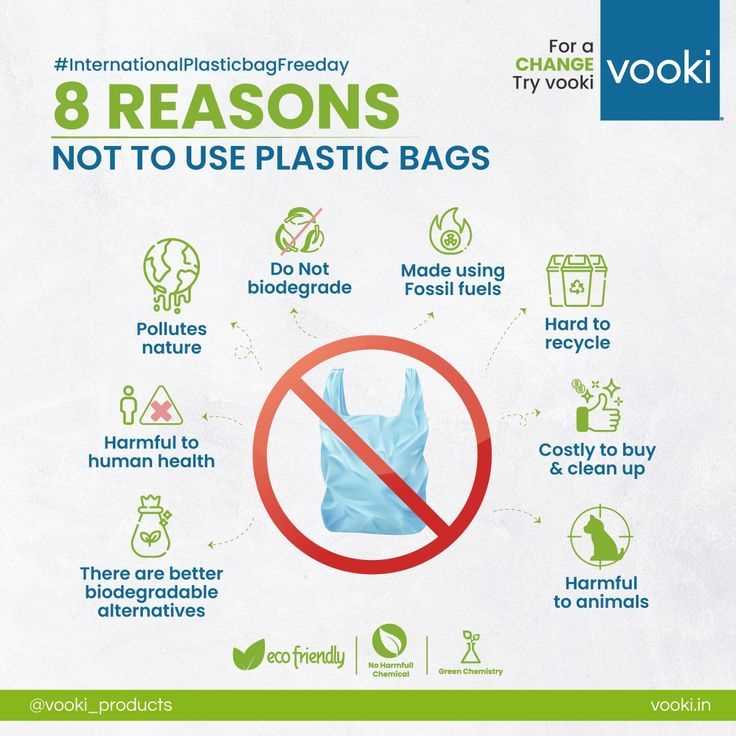
Are you tired of constantly buying and throwing away plastic ziploc bags? Not only are they bad for the environment, but they can also take up valuable space in your kitchen drawers. Fortunately, there are simple steps you can take to reduce your reliance on these single-use bags and make a positive impact on the planet.
Firstly, consider investing in reusable food storage containers. These containers come in a variety of shapes and sizes, and are perfect for storing snacks, leftovers, and even packing lunches. Made from durable materials such as glass or BPA-free plastic, these containers are not only better for the environment, but they also keep your food fresh for longer.
Another alternative to ziploc bags is beeswax wraps. These wraps are made from cloth that has been coated in beeswax, allowing them to cling to bowls, plates, or directly onto food. Not only are they reusable, but they are also compostable at the end of their life span. Beeswax wraps are great for wrapping sandwiches, covering bowls of food, or even as a lid for a half-eaten avocado.
Lastly, consider investing in silicone food storage bags. These bags are reusable, dishwasher-safe, and a fantastic alternative to ziploc bags. They come in different sizes and are great for storing snacks, liquids, or even marinating meat. Silicone food storage bags not only help reduce single-use plastic waste, but they also keep your food fresh and prevent spills in your bag or refrigerator.
In conclusion, by taking these simple steps to end your reliance on ziploc bags, you can reduce plastic waste, save money in the long run, and contribute to a greener and more sustainable future. So why not make the switch today and do your part in protecting the planet?
- Step 1: Understand the Environmental Impact
- Step 2: Explore Sustainable Alternatives
- Step 3: Make Small Changes in Your Daily Routine
- 1. Invest in Reusable Containers
- 2. Use Beeswax Wraps
- Step 4: Invest in Reusable Containers
- Step 5: Educate Others
- 1. Talk to your friends and family:
- 2. Host a workshop or presentation:
- Step 6: Celebrate Your Success!
- Question-answer:
- Why should I stop using Ziploc bags?
- What are some alternatives to Ziploc bags?
- How can I clean my reusable silicone food storage bags?
- Where can I purchase reusable silicone food storage bags?
- How can I encourage my family and friends to stop using Ziploc bags?
Step 1: Understand the Environmental Impact
Before taking any steps to reduce your reliance on Ziploc bags, it’s important to first understand the environmental impact they have. Ziploc bags are made from plastic, specifically polyethylene, a material that is derived from non-renewable resources like oil and natural gas.
One of the biggest environmental concerns associated with Ziploc bags is their contribution to plastic waste. These bags are typically used once and then thrown away, ending up in landfills where they can take hundreds of years to decompose. In addition to taking up valuable landfill space, they can also contribute to litter and pollution, as they can easily be carried by wind and water into natural environments such as rivers and oceans.
Plastic waste, including Ziploc bags, also poses a significant threat to wildlife. Animals often mistake plastic bags for food, leading to ingestion and subsequent suffocation or starvation. Additionally, the chemicals found in plastic can leach into the environment, contaminating waterways and harming ecosystems.
By understanding the environmental impact of Ziploc bags, you can feel more motivated to find alternatives and make changes to reduce your reliance on them. In the following steps, we will explore some simple and sustainable alternatives to Ziploc bags that can help minimize plastic waste and protect the environment.
Step 2: Explore Sustainable Alternatives
Continuing on your journey to be more eco-friendly, it’s time to discover sustainable alternatives to replace your reliance on Ziploc bags. These alternatives not only reduce the amount of plastic waste that ends up in landfills and oceans, but they also offer a variety of other benefits.
1. Reusable Silicone Bags: Consider investing in reusable silicone bags, which are durable, dishwasher-safe, and leak-proof. These bags are perfect for storing snacks, sandwiches, and even liquids. Not only will you be reducing your plastic waste, but you’ll save money in the long run by not needing to constantly buy disposable bags.
2. Beeswax Wraps: Beeswax wraps are a great alternative for storing food. Made from cotton fabric coated with beeswax, they can be molded around food items to create an airtight seal. They are washable, reusable, and biodegradable. Plus, they come in various sizes, allowing you to wrap anything from a piece of fruit to a bowl of leftovers.
3. Glass Containers: Another sustainable option is to use glass containers for food storage. Glass is a non-toxic and non-reactive material that won’t absorb food odors or flavors. It’s also microwave and oven safe, making it a versatile choice. Invest in a set of glass containers with lids to store your leftovers, meal prep, or pack your lunch.
4. Stainless Steel Containers: If you’re looking for a lightweight and durable alternative to plastic containers, stainless steel is the way to go. Stainless steel containers are perfect for packing lunches, snacks, or even leftovers. They are easy to clean, long-lasting, and won’t leach harmful chemicals into your food.
5. Cloth Bags: For storing produce or bulk items, consider using cloth bags instead of plastic. These bags are washable and reusable. They are also breathable, which helps keep fruits and vegetables fresh for longer. You can find a variety of sizes and styles to fit your needs.
By exploring these sustainable alternatives, you’ll be taking a significant step towards reducing your reliance on Ziploc bags and embracing a more eco-friendly lifestyle. Not only will you be helping the environment, but you’ll also be making choices that benefit your health and budget.
Step 3: Make Small Changes in Your Daily Routine
Now that you are aware of the environmental impact of Ziploc bags, it’s time to make some small changes in your daily routine to reduce your reliance on them. These changes may seem minor, but they can add up to a significant reduction in waste over time.
1. Invest in Reusable Containers
Instead of reaching for a Ziploc bag when packing your lunch or storing leftovers, consider investing in a set of reusable containers. There are many options available, ranging from glass to stainless steel, that are durable, easy to clean, and can be used again and again. By opting for reusable containers, you eliminate the need for single-use plastic bags altogether.
2. Use Beeswax Wraps
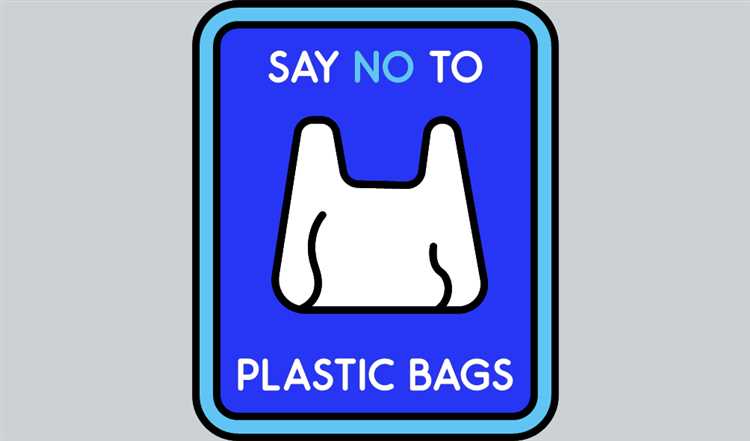
Beeswax wraps are a great alternative to Ziploc bags for storing food items like sandwiches, fruits, and vegetables. Made from cotton cloth coated in beeswax, these wraps are washable, reusable, and biodegradable. They provide a breathable and natural way to keep your food fresh while reducing the amount of plastic waste you produce.
Even small changes in your daily routine can make a big difference in reducing your reliance on Ziploc bags and minimizing your impact on the environment. By investing in reusable containers and exploring alternative options like beeswax wraps, you can take steps towards a more sustainable lifestyle.
Remember: It’s all about making conscious choices and taking small steps towards a greener future. By incorporating these changes into your daily routine, you can contribute to the global effort to reduce plastic waste and protect our planet for future generations.
Stay tuned for Step 4 to discover more ways to end your reliance on Ziploc bags!
Step 4: Invest in Reusable Containers
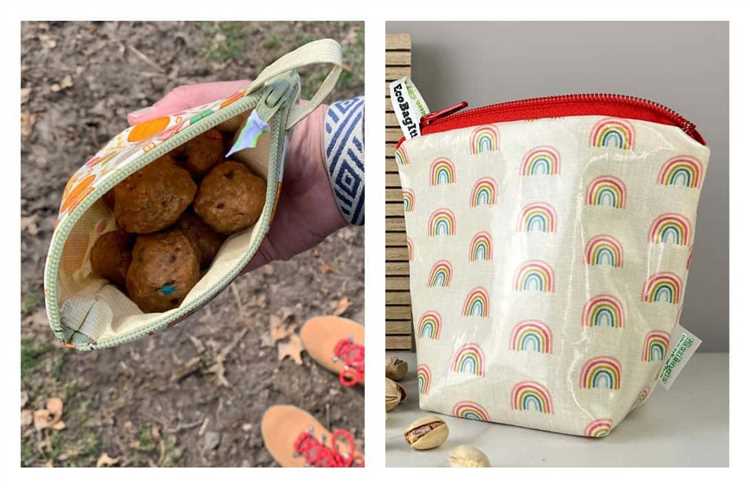
One of the most effective ways to reduce your reliance on Ziploc bags is to invest in reusable containers.
Reusable containers come in a variety of shapes, sizes, and materials. Some popular options include glass containers, stainless steel lunch boxes, and silicone food storage bags. These reusable containers are not only a more sustainable option, but they also provide airtight seals to keep your food fresh for longer periods.
When choosing reusable containers, look for those that are durable and dishwasher safe. This will allow you to use them repeatedly without worrying about wear and tear or difficult cleaning processes.
Consider purchasing a variety of reusable containers to accommodate different types of food. For example, glass containers are great for storing leftovers, while stainless steel lunch boxes are perfect for packing meals on the go. Silicone food storage bags are flexible and can be used for everything from storing snacks to marinating meat.
Investing in reusable containers not only helps the environment by reducing plastic waste, but it can also save you money in the long run. While the initial investment may be higher than purchasing disposable bags, you will end up saving money over time as you won’t need to continuously purchase ziplock bags.
Remember to take proper care of your reusable containers by cleaning them thoroughly after each use. This will ensure that they remain in good condition and continue to serve you well for years to come.
| Benefits of Reusable Containers | Tips for Choosing Reusable Containers |
|---|---|
|
|
By investing in reusable containers, you can significantly reduce your reliance on Ziploc bags and take a step towards a more sustainable lifestyle.
Step 5: Educate Others
Now that you have successfully reduced your reliance on Ziploc bags, it’s time to spread the word and educate others on the benefits of doing the same. By sharing your knowledge and experiences, you can inspire and encourage others to follow your lead.
Here are a few ways you can educate others:
1. Talk to your friends and family:
Start by having conversations with your friends and family about the environmental impact of single-use plastic and the benefits of using reusable alternatives. Share your personal experiences and the positive changes you’ve made in your own life.
2. Host a workshop or presentation:
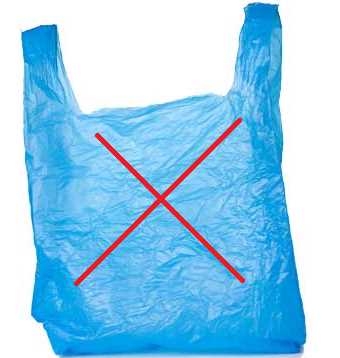
Consider hosting a workshop or presentation in your community to teach others about the importance of reducing plastic waste. You can provide tips and tricks for finding reusable alternatives to Ziploc bags and demonstrate how easy it is to make sustainable choices.
Below is a table that you can use during your workshop or presentation to showcase the different types of reusable alternatives to Ziploc bags:
| Type of Reusable Alternative | Description |
|---|---|
| Silicone food storage bags | Durable, non-toxic, and can be used for storing both food and non-food items. |
| Beeswax wraps | Natural and washable wraps that can be used to cover leftovers and preserve food freshness. |
| Glass containers with lids | Sturdy and reusable containers that are perfect for storing food and other items. |
| Cloth produce bags | Lightweight and breathable bags that can be used for grocery shopping or storing produce. |
Remember to emphasize the long-term cost savings and positive environmental impact of switching to reusable alternatives. Encourage your audience to take small steps towards reducing their reliance on Ziploc bags.
By educating others, you can create a ripple effect and contribute to a more sustainable future for our planet. Together, we can make a difference!
Step 6: Celebrate Your Success!
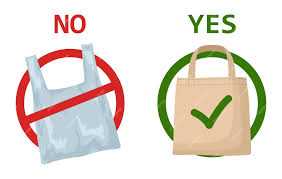
Congratulations! You have successfully put an end to your reliance on Ziploc bags and taken a step towards a more sustainable lifestyle. Celebrate your success and feel proud of yourself for making a positive impact on the environment.
To commemorate this achievement, you can throw a small party or treat yourself to something special. Share your accomplishment with your friends and family, and inspire them to follow in your footsteps. Let them know how easy it is to make small changes that can have a big impact.
As you celebrate, reflect on the positive changes you have made in your home and daily routine. Think about the amount of plastic waste you have prevented and the resources you have saved. Take a moment to appreciate the steps you have taken towards living a more sustainable life.
Remember, this is just one step in your journey towards a greener future. There are many other ways you can reduce waste and make environmentally friendly choices in your everyday life. Continue to explore new ways to minimize your impact on the environment and inspire others to do the same.
Celebrating your success is not only a reminder of your accomplishments but also an opportunity to motivate yourself to take further action. Use this celebration as fuel to continue making positive changes and creating a better world for future generations.
So, raise a glass, toast to your success, and keep up the great work!
Question-answer:
Why should I stop using Ziploc bags?
There are several reasons to stop using Ziploc bags. First, they are made of plastic, which is harmful to the environment and takes a long time to break down. Second, Ziploc bags are disposable and contribute to the growing problem of single-use plastic waste. Finally, there are more sustainable and eco-friendly alternatives available.
What are some alternatives to Ziploc bags?
There are many alternatives to Ziploc bags that you can use. Some options include reusable silicone food storage bags, glass or stainless steel containers with lids, beeswax wraps, and fabric snack bags. These options are not only more sustainable but also help reduce plastic waste.
How can I clean my reusable silicone food storage bags?
Cleaning reusable silicone food storage bags is quite simple. You can wash them by hand with warm soapy water, use a bottle brush to scrub off any residue, and then rinse them thoroughly. Alternatively, you can also put them in the dishwasher on the top rack. Make sure to let them air dry completely before using or storing them.
Where can I purchase reusable silicone food storage bags?
You can find reusable silicone food storage bags at various online retailers, such as Amazon, and in specialty eco-friendly stores. Some popular brands include Stasher, Zip Top, and Rezip. Additionally, you may also find them at local farmers markets or zero-waste shops.
How can I encourage my family and friends to stop using Ziploc bags?
Encouraging your family and friends to stop using Ziploc bags can be done in several ways. Firstly, educate them about the negative impact of plastic waste on the environment. Share information about alternative options and their benefits. Additionally, lead by example and show them how easy and convenient it is to use reusable alternatives. You can also consider giving them reusable bags as gifts to help them get started.